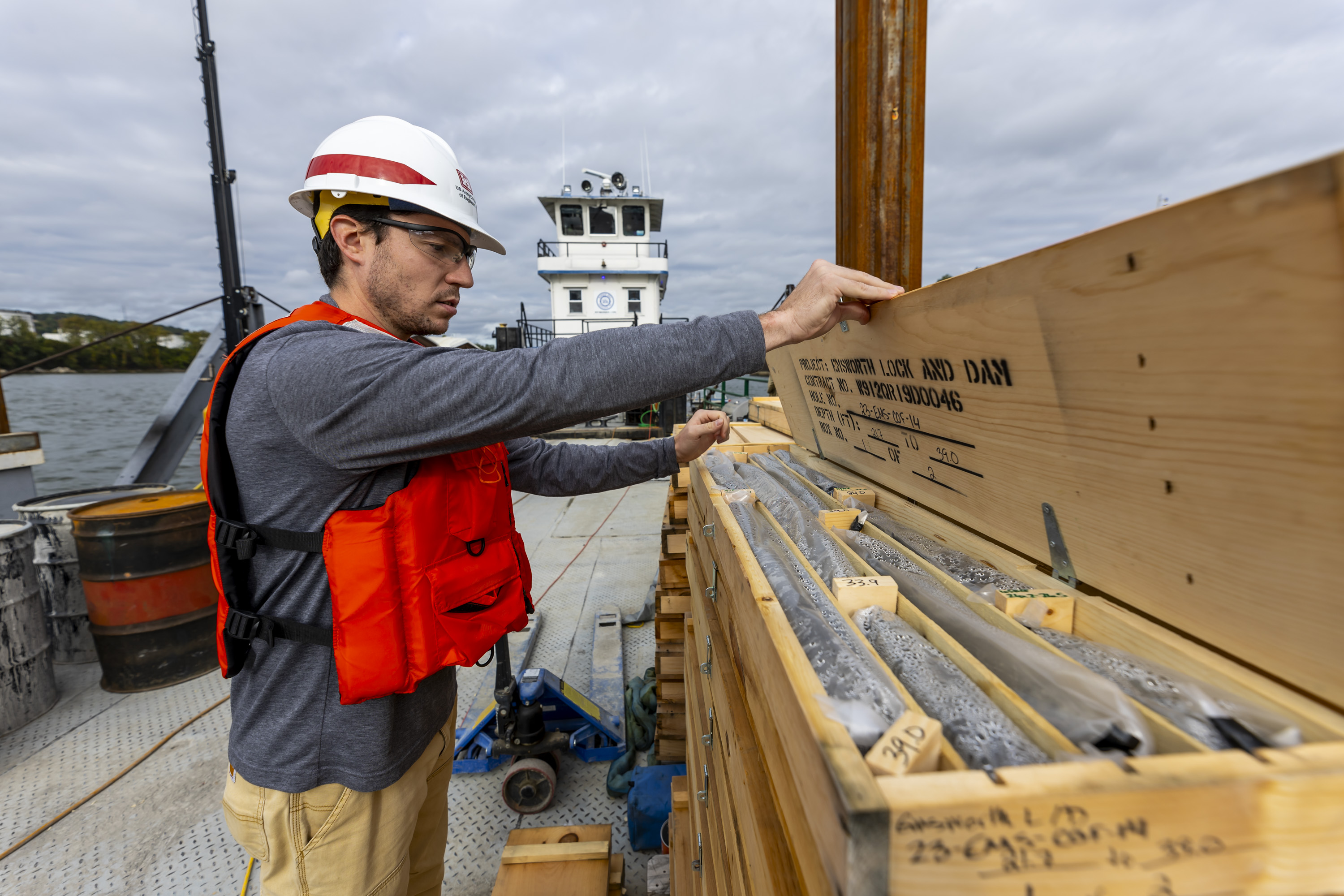A Thorough Summary of the Trick Solutions Offered by Consulting Civil Design Professionals in Modern Building And Construction
Consulting civil design professionals are essential to the success of modern-day construction projects, providing a diverse suite of solutions that deal with different difficulties. From performing thorough website evaluations and usefulness studies to making certain conformity with strict regulatory frameworks, these experts prepared for lasting and risk-free development. Their proficiency includes architectural design and task monitoring, which are essential for attaining cost-effective and prompt end results. As the intricacy of building and construction tasks remains to advance, comprehending the full range of services they offer ends up being progressively important for stakeholders. What effects does this have for the future of building techniques?
Site Analysis and Expediency Researches
When embarking on any kind of building and construction job, understanding the site's characteristics is crucial, as it straight impacts the expediency and layout of the development. Site analysis and usefulness research studies are vital components of the pre-construction stage, allowing stakeholders to make enlightened decisions. These research studies include an extensive analysis of the physical, ecological, and regulatory facets of the site.

Expediency research studies expand past the physical qualities, including economic and social considerations. This includes price price quotes, potential return on financial investment, and neighborhood influence evaluations. By incorporating these aspects, civil design experts can offer an all natural view of the website's feasibility for the intended advancement. Inevitably, comprehensive site analyses and feasibility studies lay the groundwork for effective job execution, minimizing risks and optimizing source allowance.
Structural Layout and Evaluation
Complying with a complete website evaluation and expediency research study, the following essential phase in the building procedure is architectural layout and evaluation. This crucial solution entails the growth of architectural systems that make certain the safety, toughness, and economic stability of a job. Consulting civil engineers utilize sophisticated methodologies and software program to assess lots, tensions, and product residential or commercial properties, making sure that layouts adhere to appropriate codes and criteria.
Structural layout includes various components, consisting of beams, columns, foundations, and bearing walls. By using principles of mechanics and product science, engineers create frameworks that can hold up against ecological pressures such as wind, seismic activity, and snow loads. The analysis phase includes meticulous computations to predict the behavior of these structures under various problems, guaranteeing they can carry out as meant throughout their life expectancy.
Moreover, getting in touch with engineers collaborate carefully with designers and various other stakeholders to incorporate architectural aspects cosmetically and functionally. The deliverables commonly include thorough drawings, requirements, and comprehensive records that assist in the building and construction procedure. Eventually, efficient architectural layout and analysis are pivotal in minimizing risks, enhancing sources, and achieving successful project end results in modern-day building and construction.
Task Administration and Coordination
Effective task administration and sychronisation are important parts of effective civil engineering services, making sure that building and construction projects are provided in a timely manner, within spending plan, and to the required high quality criteria. Consulting civil engineers play a critical role in orchestrating different task components, from initial planning through to forecast completion. This includes not just the technological aspects of style and building and construction but also the critical administration of resources, stakeholders, and timelines.

Additionally, civil engineering professionals emphasize the relevance of documentation and reporting throughout the job lifecycle - geotechnical engineering in south africa. By keeping accurate records, they make sure openness and accountability, which promotes trust fund among all celebrations entailed. Ultimately, efficient project administration and coordination result in enhanced task outcomes, straightening with customer assumptions and adding to the overall success of the construction endeavor
Regulatory Compliance and Permitting
Effective task administration prepares for attending to governing conformity and permitting demands in civil engineering tasks. Making certain adherence to local, state, and federal laws is important for the successful implementation and conclusion of any construction endeavor. Consulting civil design professionals play a vital duty in browsing the facility landscape of governing frameworks and allowing processes.
These specialists are well-versed in zoning laws, developing codes, ecological policies, and safety standards that regulate building methods. They conduct comprehensive evaluations to determine all appropriate policies, guaranteeing that jobs follow essential legal needs. By teaming up with governmental agencies and stakeholders, speaking with designers promote the permitting helpful hints process, simplifying approvals and reducing hold-ups.
In addition, they prepare and submit the requisite paperwork, such as website plans, environmental influence analyses, and design records. This aggressive strategy not just cultivates compliance however also boosts task usefulness and sustainability. Inevitably, reliable governing conformity and allowing are vital parts of an effective civil engineering task, safeguarding both the atmosphere and public well-being while adding to the total stability and success of building efforts.
Lasting Style Practices
Sustainable design practices are increasingly recognized as necessary parts in civil design, with an emphasis on reducing ecological effect while maximizing source performance. These practices incorporate an array of strategies targeted at promoting eco-friendly equilibrium and lowering the carbon impact of building and construction tasks.
One trick element of sustainable design is the integration of renewable resource sources, such as solar and wind, into structure designs. This not only lowers dependence on fossil gas yet likewise enhances long-lasting expense financial savings. Additionally, using lasting materials, including recycled or rapidly eco-friendly resources, plays a significant function in lessening waste and saving natural sources.
Water administration approaches, such as rainwater harvesting and reliable watering systems, are likewise crucial in lasting style. These methods help in minimizing water consumption and protecting regional water ecological communities. In addition, environmentally delicate site planning ensures very little interruption to the natural landscape and advertises biodiversity.
Consulting civil engineering professionals contribute in implementing these lasting style methods. Their know-how enables for the implementation of ingenious services that align with both regulatory needs and customer goals, ultimately adding to a more lasting built environment.
Verdict
In summary, speaking with civil engineering experts offer important solutions that underpin the success of contemporary construction projects. Via thorough site assessments, innovative architectural layout, reliable project monitoring, adherence to regulatory requirements, and the execution of sustainable techniques, these experts add to the production of safe, effective, and environmentally accountable growths. The assimilation of these vital services not only enhances job outcomes but also promotes a lasting future in the construction market.
Efficient task management and control are essential navigate to this site parts of effective civil engineering solutions, ensuring that building projects are supplied on time, within budget, and to the called you could look here for high quality requirements. Consulting civil designers play a critical role in orchestrating different job components, from initial planning through to predict completion. Eventually, proficient task administration and sychronisation lead to enhanced project outcomes, lining up with client assumptions and adding to the overall success of the construction undertaking.
